NextGen Consortium Joins the Polypropylene Recycling Coalition to Further Drive the Recovery of Plastic Packaging in the U.S.
December 08, 2020
NextGen Consortium brings its collective strength and insights to the Coalition’s Steering Committee to create stronger markets for recycled polypropylene
Dec 8 — Today, the NextGen Consortium, led by Closed Loop Partners’ Center for the Circular Economy, with Founding Partners Starbucks and McDonald’s, joined the Polypropylene Recycling Coalition as part of the Consortium’s multi-pronged approach to address single-use food packaging waste globally.
Building on the NextGen Consortium’s existing work to advance the design, commercialization and recovery of packaging alternatives — from new materials and recovery strategies to reusable packaging systems that keep materials in use for as long as possible — the Consortium will work with Coalition members to help increase recovery capacity for polypropylene in the United States. Polypropylene is typically found in everyday packaging such as the cup used for iced drinks on-the-go, yogurt cups and coffee pods, among other applications. However, in many markets, polypropylene is not accepted in residential recycling programs and ends up in landfills. According to The Recycling Partnership’s 2020 State of Curbside Recycling report, there may be as much as 1.6 billion pounds of polypropylene available per year from single-family homes that could be recycled into new products.
“Joining the Polypropylene Recycling Coalition was a natural continuation of the work we are doing across different packaging formats, systems and materials to improve the overall recovery of food packaging,” says Kate Daly, Managing Director of the Center for the Circular Economy at Closed Loop Partners. “Alongside packaging design innovation, such as growing tech-enabled reusable packaging models, capturing existing plastic packaging waste is critical for building a more sustainable future. Unrecovered polypropylene in landfills represents an untapped and wasted resource that could be recirculated in the economy, bringing value to numerous stakeholders.”
The Polypropylene Recycling Coalition, established by The Recycling Partnership, unites the industry around improving polypropylene recovery in the U.S. and further developing markets for high-quality recycled polypropylene. Today, the Coalition announced nearly $2 million in grant dollars to upgrade and improve the sorting equipment at recycling facilities and support consumer education programs to advance polypropylene recycling. The Coalition’s investments will widen the total nationwide acceptance of polypropylene in curbside recycling programs to an additional four million people, resulting in the recovery of a larger supply of polypropylene that could be made into new products.
As the NextGen Consortium continues its work across the value chain – with brands, municipalities, material recovery facilities and manufacturers – to advance viable sustainable packaging solutions that can scale throughout the global supply chain and bring value to recovery systems, working with the Polypropylene Coalition will help further our collective impact at scale.
About NextGen Consortium
The NextGen Consortium is a multi-year, global consortium that addresses single-use food packaging waste globally by advancing the design, commercialization, and recovery of food packaging alternatives. The NextGen Consortium is managed by Closed Loop Partners’ Center for the Circular Economy. Starbucks and McDonald’s are the founding partners of the Consortium, The Coca-Cola Company, Yum! Brands, Nestlé, and Wendy’s are supporting partners. The World Wildlife Fund (WWF) is the advisory partner and IDEO is the innovation partner. Learn more at www.nextgenconsortium.com.
About The Recycling Partnership
The Recycling Partnership is a national nonprofit organization that leverages corporate partner funding to transform recycling for good in states, cities, and communities nationwide. As the leading organization in the country that engages the full recycling supply chain from the corporations that manufacture products and packaging to local governments charged with recycling to industry end markets, haulers, material recovery facilities, and converters, The Recycling Partnership positively impacts recycling at every step in the process. Since 2014, the nonprofit change agent diverted 230 million pounds of new recyclables from landfills, saved 465 million gallons of water, avoided more than 250,000 metric tons of greenhouse gases, and drove significant reductions in targeted contamination rates. Learn more at recyclingpartnership.org.
Related posts
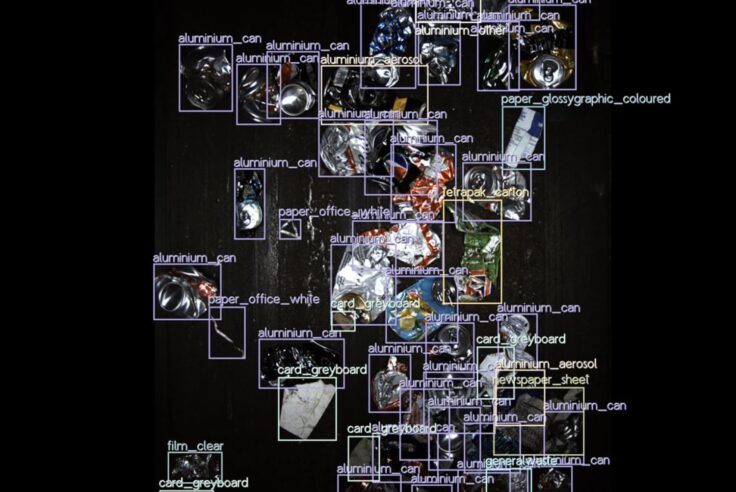
Press Release
New Data Reveals High Quantities of Food-Grade Polypropylene...
Closed Loop Partners’ Center for the Circular Economy...
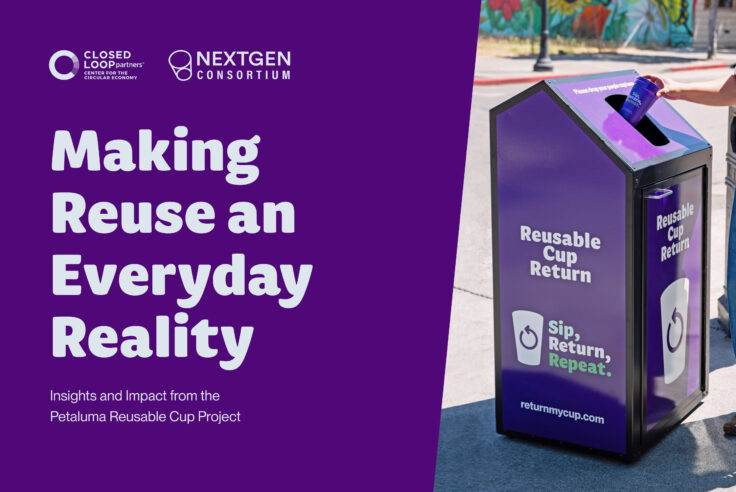
Press Release
Groundbreaking Results From Citywide Petaluma Reuse...
The Petaluma Reusable Cup Project from the NextGen...
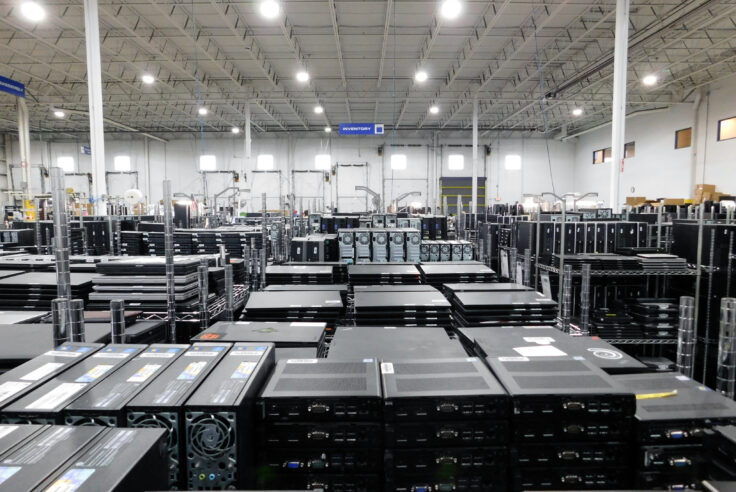
Press Release
Closed Loop Partners’ Portfolio Company, Sage Sustainable...
The bolt-on acquisition scales Sage’s end-to-end...

Press Release
Closed Loop Partners Unveils Groundbreaking Findings...
Closed Loop Partners’ Center for the Circular Economy...
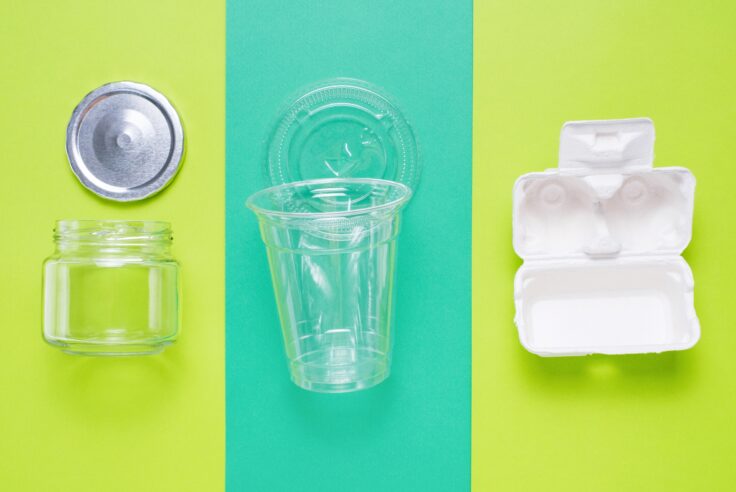
Blog Post
8 Tips to Navigate Life Cycle Assessments for Circular...
Closed Loop Partners’ Center for the Circular Economy...
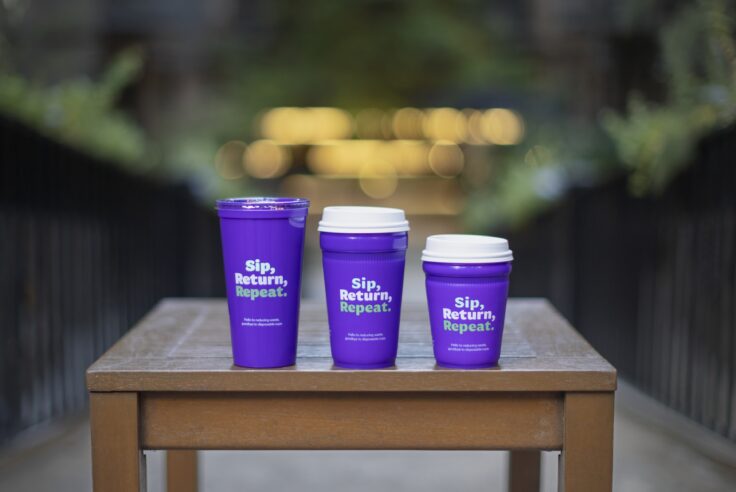
Press Release
The Petaluma Reusable Cup Project: Starbucks, The Coca-Cola...
The collaboration, led by the NextGen Consortium, makes...
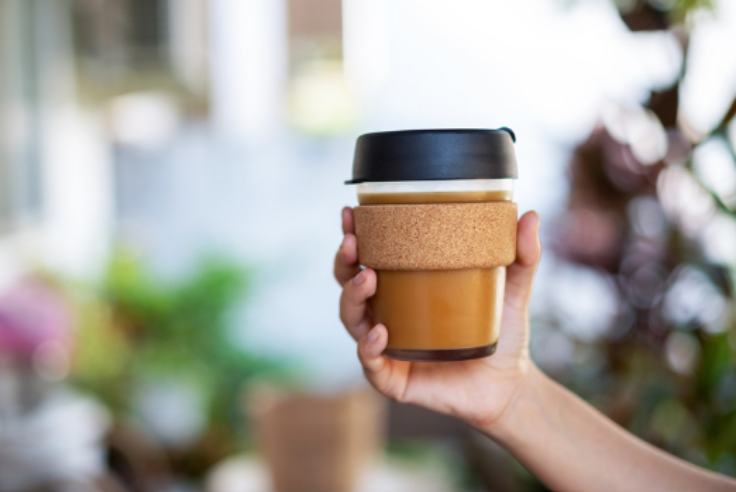
Blog Post
How Businesses Can Spark a Cultural Shift Towards Reduction...
A showcase of Bring-Your-Own-Cup (BYOC) initiatives...
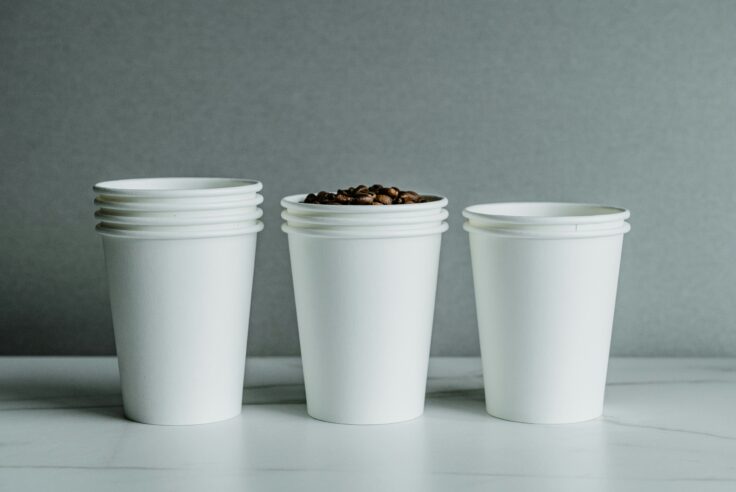
Press Release
Paper Cup Recycling Hits New Milestone in the U.S....
The NextGen Consortium and Foodservice Packaging Institute...
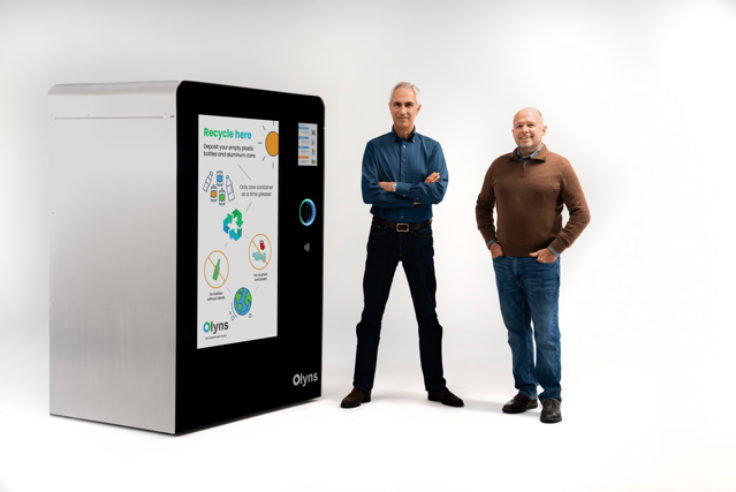
Press Release
Closed Loop Partners Provides Financing to Olyns, a...
The catalytic loan will help scale production of Olyns’...

Press Release
Circular Services Acquires Midwest Fiber Recycling,...
The acquisition of a leading Midwest recycling company...
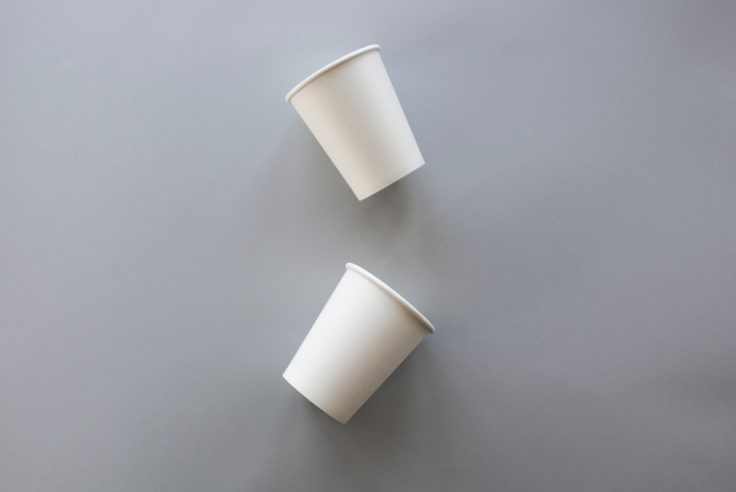
Press Release
New Report from the NextGen Consortium Shares Path...
Insights include solutions for paper mills, material...
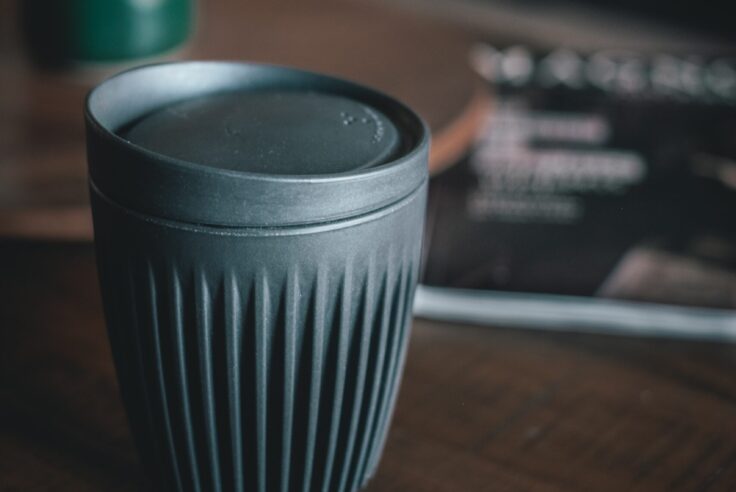
Reuse
Blog Post
Debunking Durability: How Durable Does Reusable Packaging...
New reuse innovations are expanding what is possible,...
